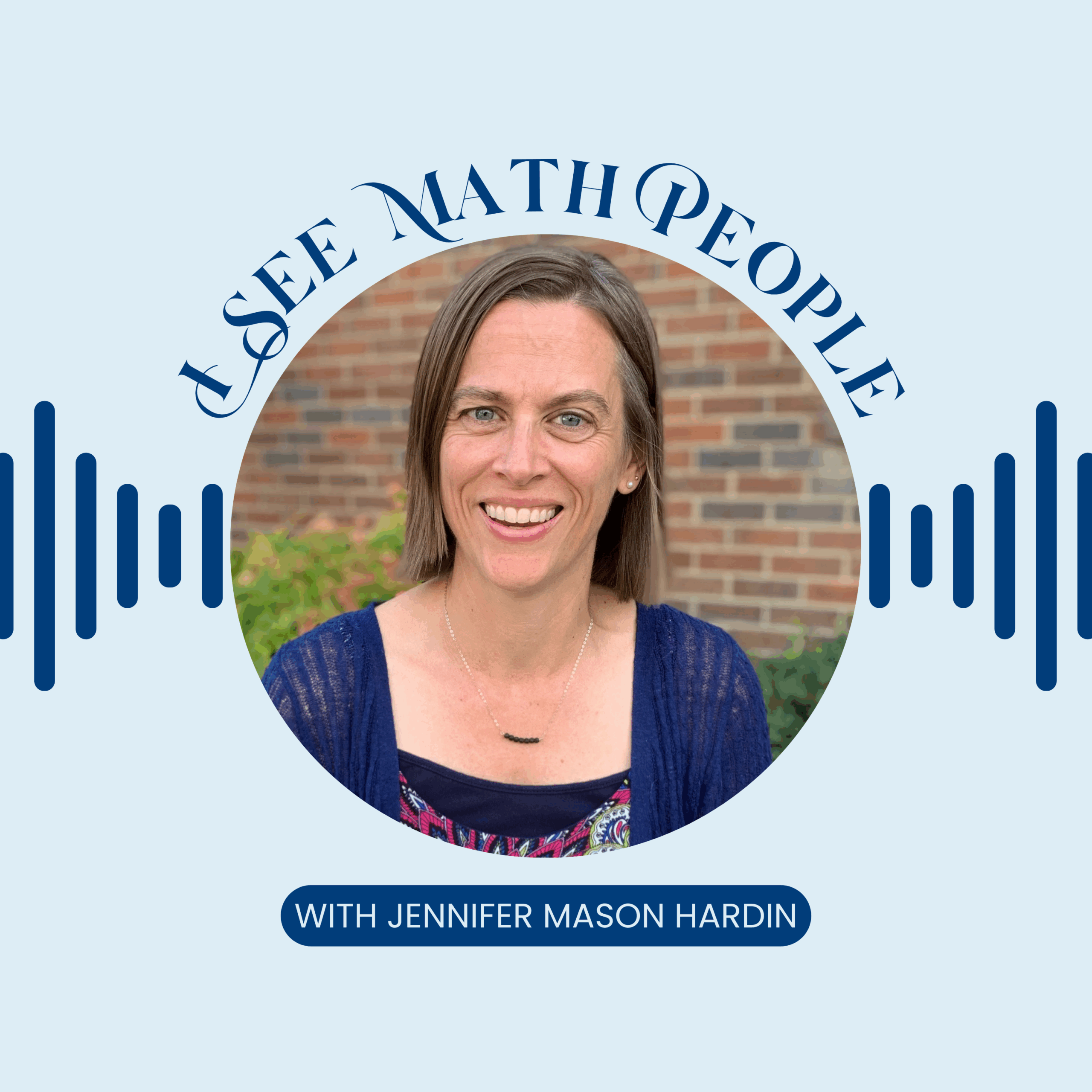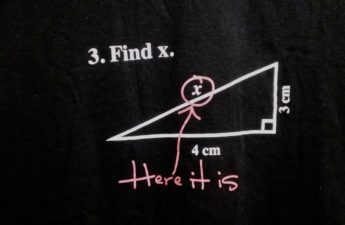If you’ve followed me at all in the past several years, you probably know that I often hear people say they just aren’t math people. You also likely know how I feel about that. I mean, that’s really why this website exists…to provide resources and ideas to help you understand how math works. Some of you will use the information to teach your children. Some of you will use it to teach your students. Some of you are just along for the ride.
A few weeks ago, I started a new series on my Instagram stories. I call it “You are a math person,” (YOU ARE is the name of the highlight) and it’s basically a little reminder of the math that is present in everyday life. Like when you are budgeting your household expenses or organizing your closet or creating art. The goal is to shift mindsets one daily activity at a time.
So, now I’ve decided to shift the focus of A Pocketful of Pi just a bit. Instead of focusing on how you can help the learners in your life understand the concepts of math, I’m sharing a deeper dive of the math in your everyday life so you can shift how you view your relationship to math and start seeing yourself as the math person you are.
You see, math is ubiquitous.
I learned that word as a 42 year old graduate student. If you aren’t familiar with the word, ubiquitous basically means everywhere. So, when I say math is ubiquitous, I mean math is everywhere.
It’s in the actions you take, the routines you build and follow, the words you speak and read, the design of your home. It is everywhere. It is ubiquitous. You literally cannot get away from math or something related to math.
Is it true that some people find learning math in school easier than others? Of course.
But it is also true that some people have to work a little bit harder to understand what’s happening in math class. There’s plenty of brain research out there now to show that learning math is more about time and effort and type of mindset (growth or fixed) than it is about innate ability. That’s because math is a skill that is learned. And like any other skill you might name, some people find it relatively easy to learn it while others have to work a little harder and put in a bit more effort to get good at it.
So, when you think about math as being both ubiquitous (everywhere) and a learned skill, this notion that some people are just “math people” and others are not, seems kind of ridiculous, doesn’t it?
Story time.
When I was a kid, I loved math. It was my favorite subject and I believed I was good at it. My grades reflected my belief. I was so confident in my math ability that when I had to choose a concentration to accompany my teaching degree, I chose mathematics.
Twenty-seven credit hours of math later, I started my first teaching job. And I wondered why in the world I needed to prove calculus theorems and solve matrices in order to teach first graders math. Fast forward a few years and I landed myself smack dab in the middle of a math teaching position. This time it wasn’t six year olds sitting in front of me. It was sixth, seventh, and eighth graders. Counting those eighth graders who qualified for high school algebra, I taught four levels of math to those middle school students. Every day.
It didn’t take long at all for me to discover that I really wasn’t good at math. Turns out, the skill that came naturally to me was being able to memorize and follow a set of rules. When these kiddos had trouble with my assignments and quizzes, I realized they needed more than a set of rules to remember. That math is much more than a set of rules and procedures.
So. Much. More.
That got me thinking and working to understand how to lead students to the connections and relationships between math topics and that, in turn, led me to understanding math more deeply myself. I’m lucky I get to practice these connections and deep learning in my current job teaching and tutoring at a local community college. And, I’m enjoying convincing adult learners they are indeed math people.
Want more of this in an audio format? Check out my podcast, I See Math People, on Spotify and Apple Podcasts.



